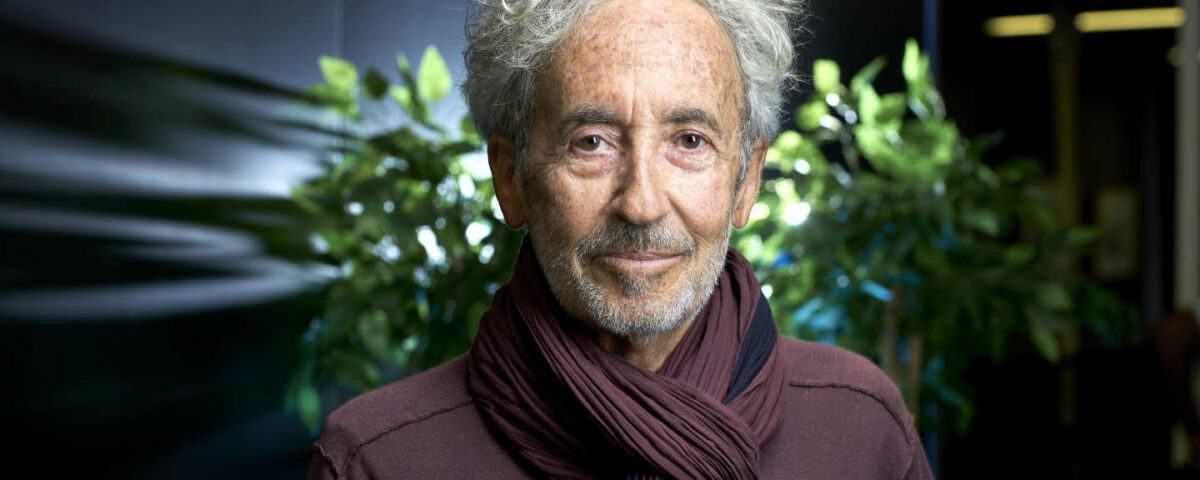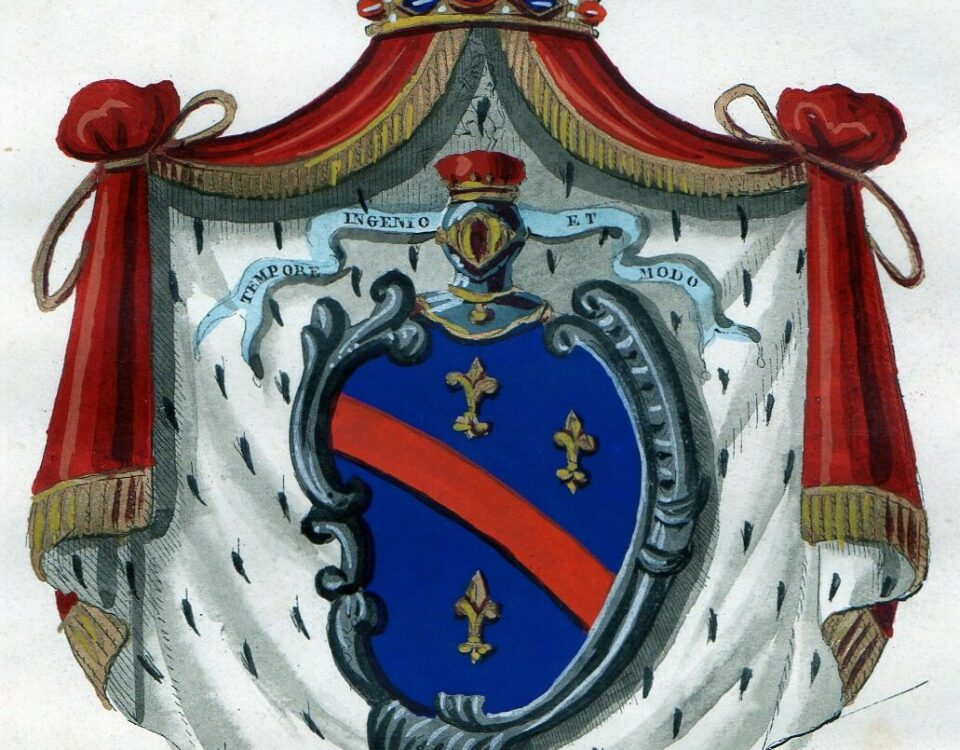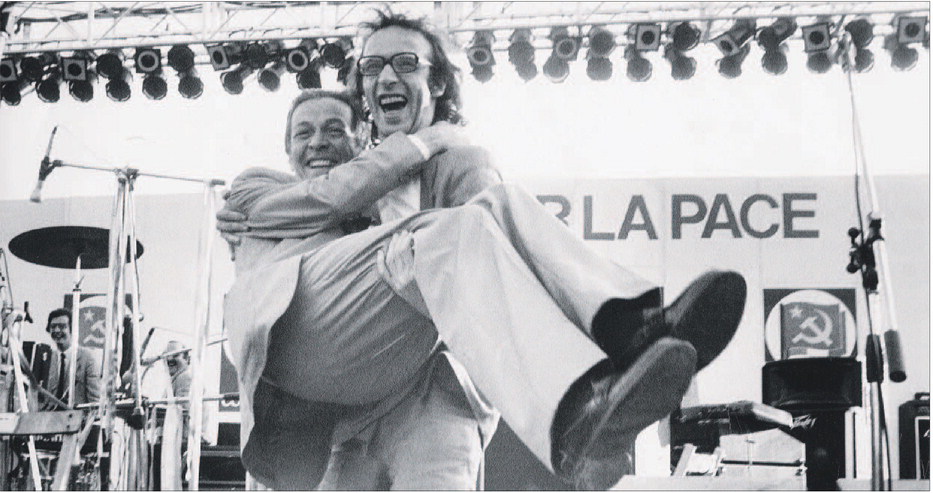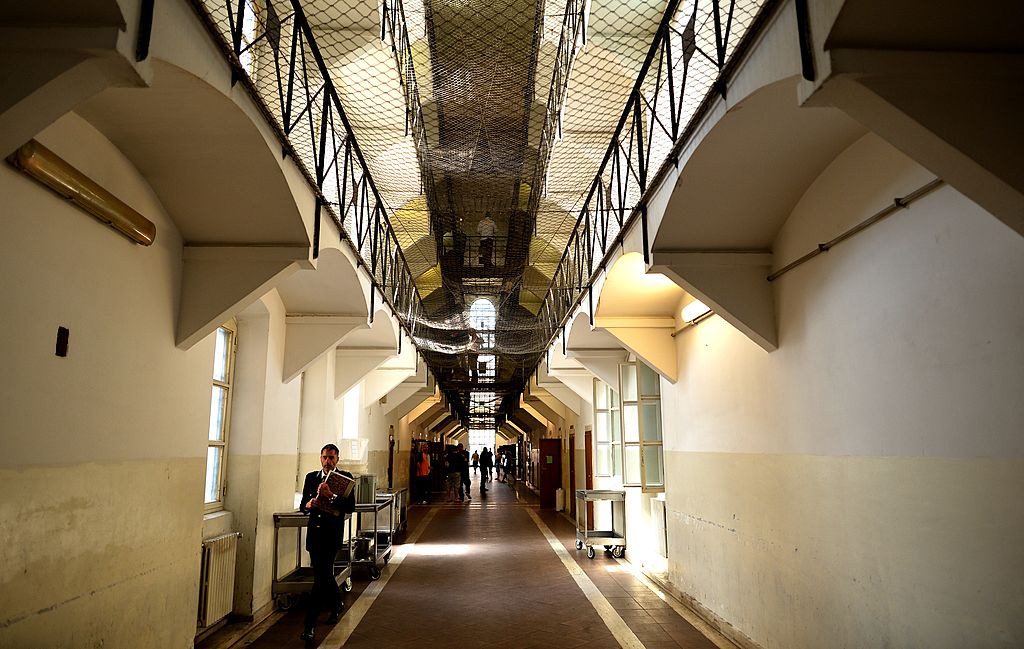
Denuncia e muori. Il coraggio lasciato senza tutela
10 Settembre 2023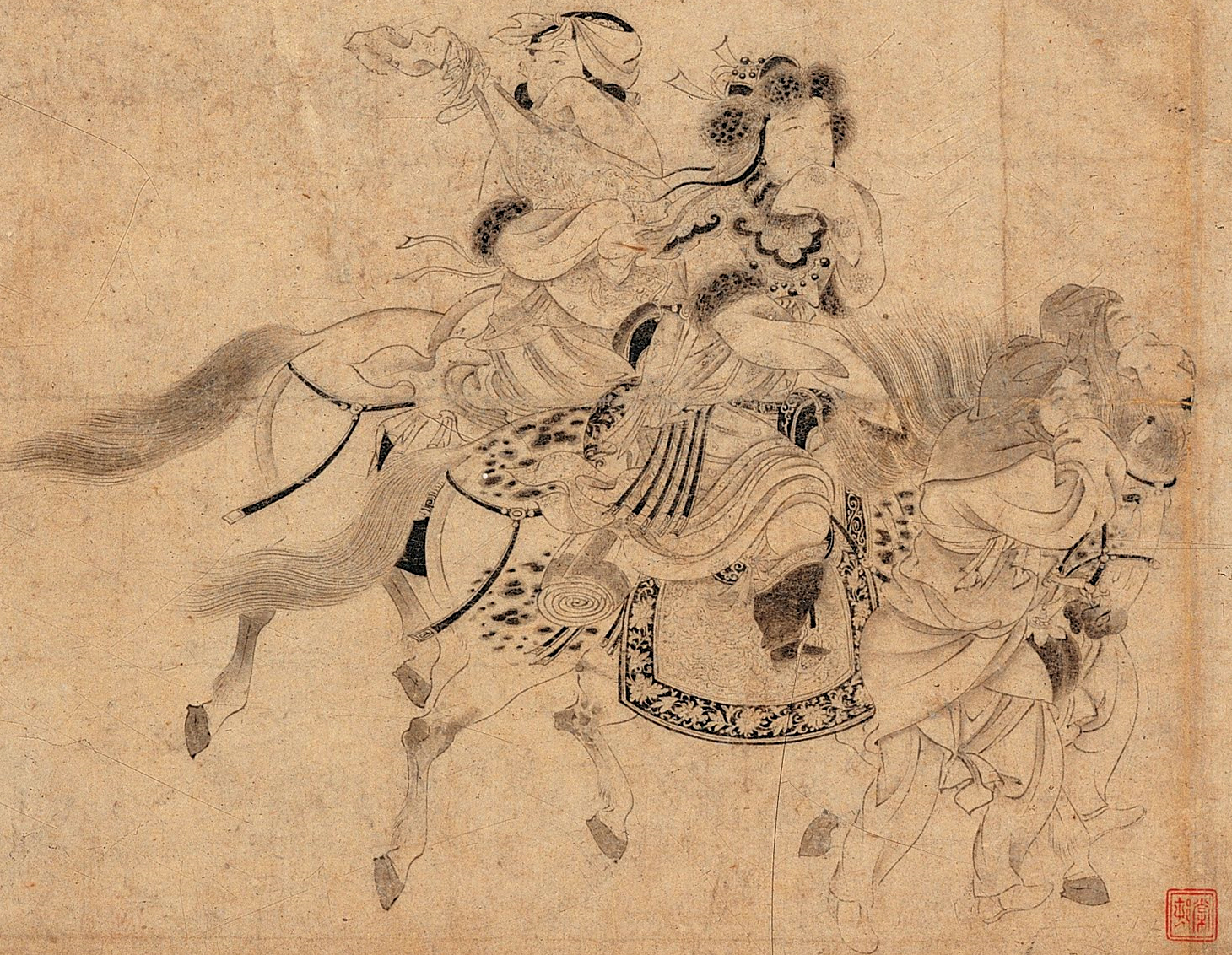
Non-Events
10 Settembre 2023A Novelist Writing on Colonization Finds an Audience in France, at Last
Mathieu Belezi has been fascinated by the history of colonial Algeria for years. Acclaim finally came with his latest book, a sign of changing times.
For years, writing about Algeria, or even acknowledging France’s violent past there, was a lonely endeavor.
The novelist Gérard-Martial Princeau, who publishes under the pen name Mathieu Belezi, spent 15 years writing about the early colonial years in virtual anonymity. Those novels found only a few thousand readers — the result, Belezi long believed, of deep-seated unease with a past that challenged France’s image as a beacon of human rights. But the period’s history compelled him.
His luck changed with his fourth novel, “Attaquer la terre et le soleil,” or “Attacking the Earth and the Sun,” which recounts the brutal, 19th-century French colonization of Algeria and was published last year. Its popularity — the book has won prestigious prizes and sold nearly 90,000 copies — has come as a surprise in a country that has often preferred to forget its colonial past rather than address it. That is particularly true in the case of Algeria, which the French ruled over for 132 years before being ousted by a bloody war of independence that left lasting scars.
But in a country where literary hits are a kind of Rorschach test, the popularity of his latest novel may be a sign of changing times. In recent years, France has sought to acknowledge its history in Algeria, while calls to better reckon with the country’s colonial legacy have fueled a new wave of books and movies.
“This history has long been a taboo,” Belezi, a soft-spoken 69-year-old, said during an interview last month in Paris. “It is my duty to ask questions, especially questions people don’t want to ask. Literature can help with that, too.”
The son of a factory worker who did his military service in Algeria just before the war of independence — and always refused to talk about the experience — Belezi said the colonization of Algeria had long puzzled him. “We went to civilize the so-called barbarians, but we were more barbaric than they were,” he said. “We stole their land, we razed their mosques.”
In the early 2000s, as he began reading about this history, Belezi said he discovered an unexplored “literary territory” of violence that made for ideal novelistic material.
In one of the opening scenes of the novel, Belezi describes French soldiers racing toward a remote village in the Algerian highlands as night falls. Armed with bayonets, they kill all the residents who dare to resist, “piercing their bellies, lifting them off the ground and holding them at arms’ length skewered like chickens.” Then they loot the houses, rape the women and let the survivors freeze to death out of the village.
“You’re no angels!” a captain tells his bloodthirsty soldiers. “That’s right, captain, we’re no angels,” they reply.
France’s conquest of Algeria began in 1830 as a punitive expedition against the city of Algiers, which was then part of the Ottoman Empire, after a diplomatic dispute. But it quickly turned into a full-fledged colonization that lasted for over a century and claimed the lives of some 800,000 Algerians.
“The early days of the colonization were horrific,” said Colette Zytnicki, a historian at the University Toulouse-Jean Jaurès. She pointed to the mass killings of Algerians by French soldiers — which included asphyxiating them by smoking out caves where they took refuge — but also to the death of many French settlers from starvation and disease.
Belezi captured this violence in three novels released between 2008 and 2015. Drawing on letters from settlers and soldiers he found in public archives, he captures the racism that underpinned colonization and the greed that led to land expropriation, but also the doubts that gnawed at settlers who fled France to escape poverty.
“In the 1840s, Algeria was like a Western,” Belezi said.
But unlike the best sellers and movies about the American frontier, his novels attracted little attention beyond few enthusiastic literary critics. It is virtually impossible to find his previous books (he has written over a dozen, touching on a variety of subjects). For years, Belezi made a living from what he called “odd jobs”: He sold gravestones, planted tobacco on farmlands and taught history in schools.
Belezi has rarely been invited on French television, let alone the country’s beloved literary shows, even after the success of his latest book. “People are afraid of what I’ll say,” he said.
After he finished writing “Attacking the Earth and the Sun,” which is told through the voices of a settler and a soldier, Belezi said he sent the manuscript to five publishers. All replied with polite refusals.
“I thought, ‘It’s over. I’m going to write for myself now. I’ll never be published again,’” Belezi said, recalling how he imagined his books would be rediscovered only after his death, in the bookseller stalls lining the banks of the Seine.
Until he got a call.
“From the very first words, I was hooked,” Frédéric Martin, the founder of Le Tripode, a small publishing house Belezi had turned to in despair, said about the novel. He said he told Belezi that he would not only publish it, but also reprint all his previous books.
Martin said he had been drawn to Belezi’s “singular writing style,” which avoids periods and is highly lyrical, but also to the history that his novels so powerfully unveil.
Critics agree. “French literature has rarely been interested in the beginnings of colonization,” said Pierre Assouline, a juror of the Goncourt, France’s most prestigious literary prize. “It was about time.”
Frédéric Beigbeder, a best-selling French novelist, told an influential literary radio show that the novel had taught him a lot. “Nobody’s ever told me about the colonization of Algeria this way,” he said.
Beigbeder was alluding to crimes and suffering that have long been overlooked in favor of rosier, though distorted, views of colonization highlighting epic conquests and economic development. Starting in 2005, a new law required French schools to teach the “positive role” of colonialism. The obligation was lifted a year later after an outcry, but the unease over this painful past continued.
Most French novels that have turned to Algeria have instead focused on decolonization and the Algerian war of independence, a traumatic event which many experts say can only be properly understood if the initial violence is known.
“It’s time to replace a few stereotypes with a much cruder reality,” said Jacques Frémeaux, a historian at the University Paris-Sorbonne.
The success of “Attacking the Earth and the Sun” may be doing just that. After winning literary awards from Le Monde and France Inter, France’s largest national newspaper and radio station, the novel climbed to the top of the best-seller lists.
Eight translations are in progress and negotiations for an English-language version are underway. A school edition with background material will be released next year.
Zytnicki said the novel’s popularity coincided with a renewed interest in the history of colonization in France, as the country has debated its colonial and slave-trading past. Books, podcasts and even an exhibition on Abd el-Kader, who led Algeria’s resistance to French colonization in the 1830s and ’40s, have attracted attention.
Acknowledging the need to address a painful past, President Emmanuel Macron of France has initiated efforts to reckon with the crimes and suffering in colonial Algeria. He asked a committee of French and Algerian historians to draw up an inventory of archives to further the study of the period.
Belezi said he hoped he would be remembered as the writer “who did the initial work” in bringing to light that history. He had originally planned to write just three novels on the topic. Then came “Attacking the Earth and the Sun,” the fourth, he said, because “it’s hard to let go.”
His novels have often stemmed from his belief that the legacy of colonization has been played down. Belezi pointed to Macron who, last year, described French-Algerian relations as “a love story that has its tragic side.”
“My work must go on,” he said.

